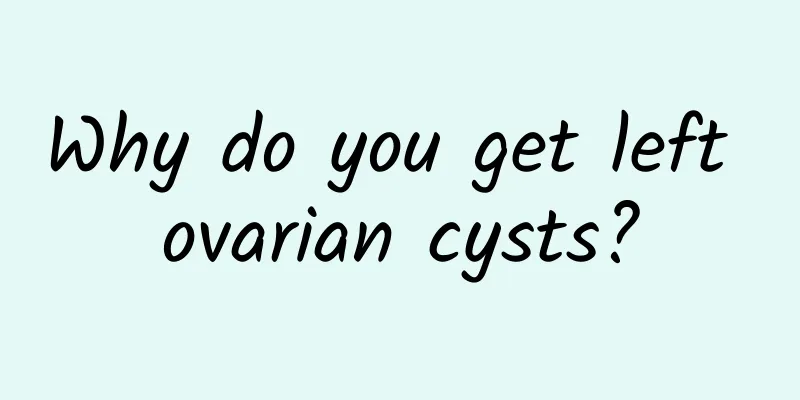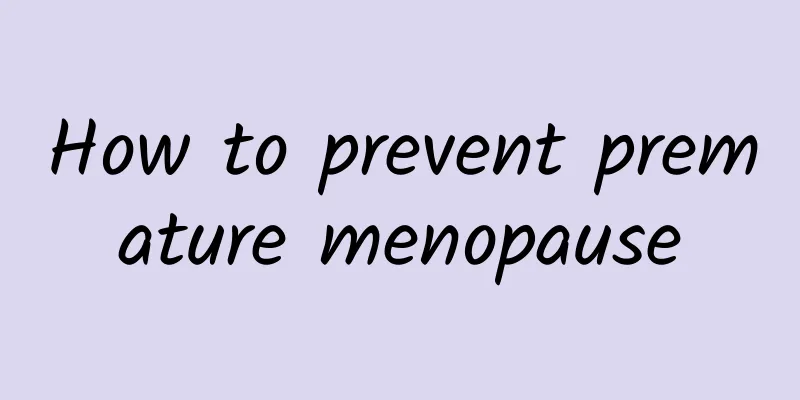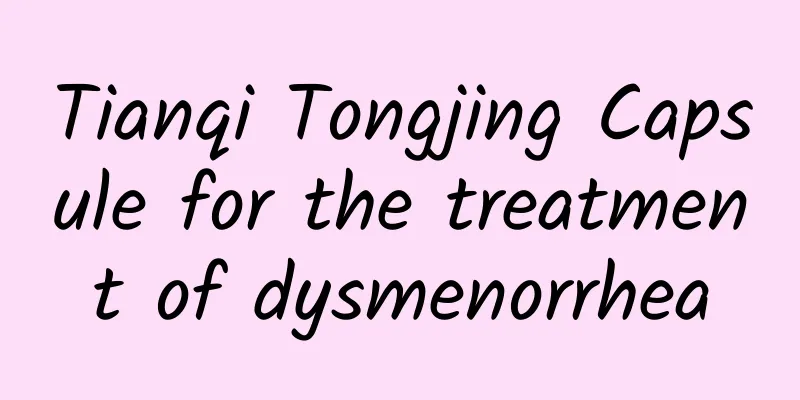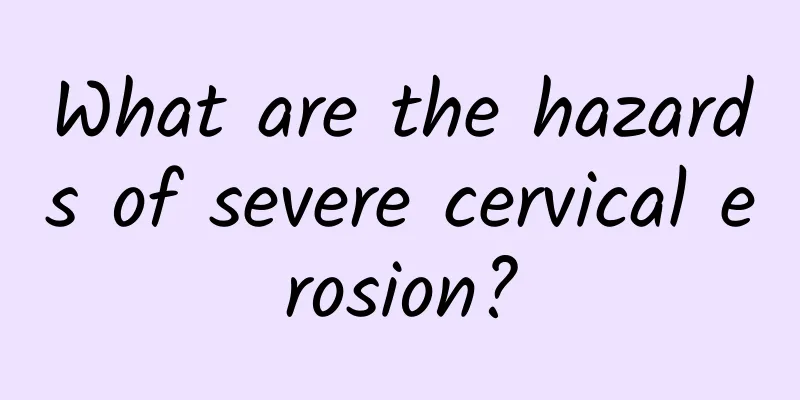New Taipei City's tofu samples found 2 violations among 30
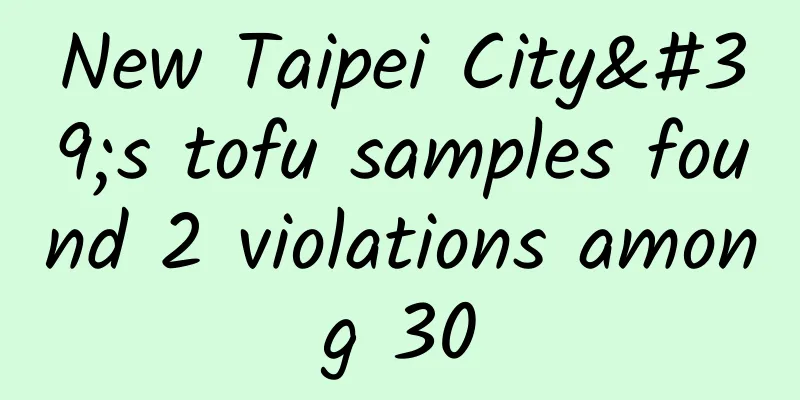
|
On the 11th, the New Taipei City Government Health Bureau announced the results of the September random inspection of dried tofu products. Among the 30 tofu, dried tofu, bean skin and other products, 2 were found to have hydrogen peroxide residues. In addition to immediately notifying the shelves to remove the products, the suppliers are being traced. They may be fined between NT$30,000 and NT$150,000 for violating Article 12 of the Food Sanitation Management Act. Lin Guanzhen, director of the Food and Drug Administration Section of the Health Bureau, said that hydrogen peroxide is hydrogen peroxide, which is often added by food processors to processed bean products (such as dried shredded tofu, dried tofu, and sausage), noodle products (such as oil noodles and udon noodles), fish balls, clams, mussels, salted chicken, fish bones, etc. for the purpose of sterilization and bleaching. According to food hygiene standards, no hydrogen peroxide residue should be detected in food. Since the boiling point of hydrogen peroxide is as high as 152°C, hydrogen peroxide will still remain in the food even if the food is cooked or boiled. Long-term consumption may cause health damage. Lin Guanzhen pointed out that this time, tofu, dried tofu, bean skin and other bean products were sampled from traditional vendors and restaurants. The inspection items included preservatives (adienoic acid, dehydrated acetic acid, benzoic acid) and bactericides (hydrogen peroxide). As a result, a total of 2 pieces of "dried tofu" were found to contain "hydrogen peroxide" which did not comply with regulations, and the goods were both sourced from the same merchant in Bali. Generally speaking, hydrogen peroxide residues in food can be tested with a simple dilute sulfuric acid plus potassium iodide test reagent. Just drop a few drops of the reagent on the food. If a positive reaction is yellow or blue, it means there is hydrogen peroxide residue. If it is colorless, it is normal. The two restaurants whose tofu failed the random inspection by the Health Bureau were "Master Liang's Beef Noodles" and "Little Swallow Beef Noodle House" located on Section 2, Zhongshan Road, Bali District, New Taipei City. The tests showed positive reactions, which is not in compliance with regulations. Lin Guanzhen emphasized that hydrogen peroxide, which has bactericidal and bleaching effects, may cause irritation and skin stinging symptoms after consumption, so it cannot be detected according to regulations. Consumers are advised to purchase from merchants with good reputation and credit, avoid buying tofu products with bright or too white appearance, and soak them in plenty of water and then rinse them before cooking to avoid consuming excessive or illegal food additives and ensure their own safety. |
<<: Three samples of vegetables and fruits tested for pesticide residues in Taipei City failed
Recommend
Is congenital absence of vagina serious?
Are the dangers of congenital absence of vagina s...
Patients with pelvic inflammatory disease should not lose weight excessively
Excessive weight loss and deliberate dieting by p...
Briefly describe the hazards of vulvar leukoplakia
Female friends may be familiar with vulvar leukop...
The toxins are leaving! Detoxify and nourish the liver in spring, female Chinese medicine recommends these 2 cups
The air we breathe, the food we eat, and even the...
What are the causes of uterine fibroids and how to prevent them?
At present, Western medicine has not yet determin...
How to prevent adnexitis in summer?
Adnexitis has always been the focus of people'...
Do you know about the ultrasound diagnosis of acute adnexitis?
Adnexitis is a common gynecological disease. In l...
What are the causes of cervical erosion? Women should be alert to these causes of cervical erosion
I believe that many women usually pay more attent...
How to diagnose Bartholinitis?
The Bartholin's glands are located at the bac...
How to treat bacterial vaginosis
Bacterial vaginosis can be treated with drugs suc...
Is ovarian cyst serious? What harm will ovarian cyst bring?
Are ovarian cysts serious? What harm can ovarian ...
What should patients with uterine fibroids pay attention to in their diet?
What should be paid attention to in the diet of u...
How many courses of treatment are needed for cervicitis
The course of treatment for cervicitis varies fro...
Is hair loss related to irregular menstruation?
Is hair loss related to irregular menstruation? 1...
What are the symptoms of polycystic ovary syndrome
What are the symptoms of PCOS? The most serious s...

